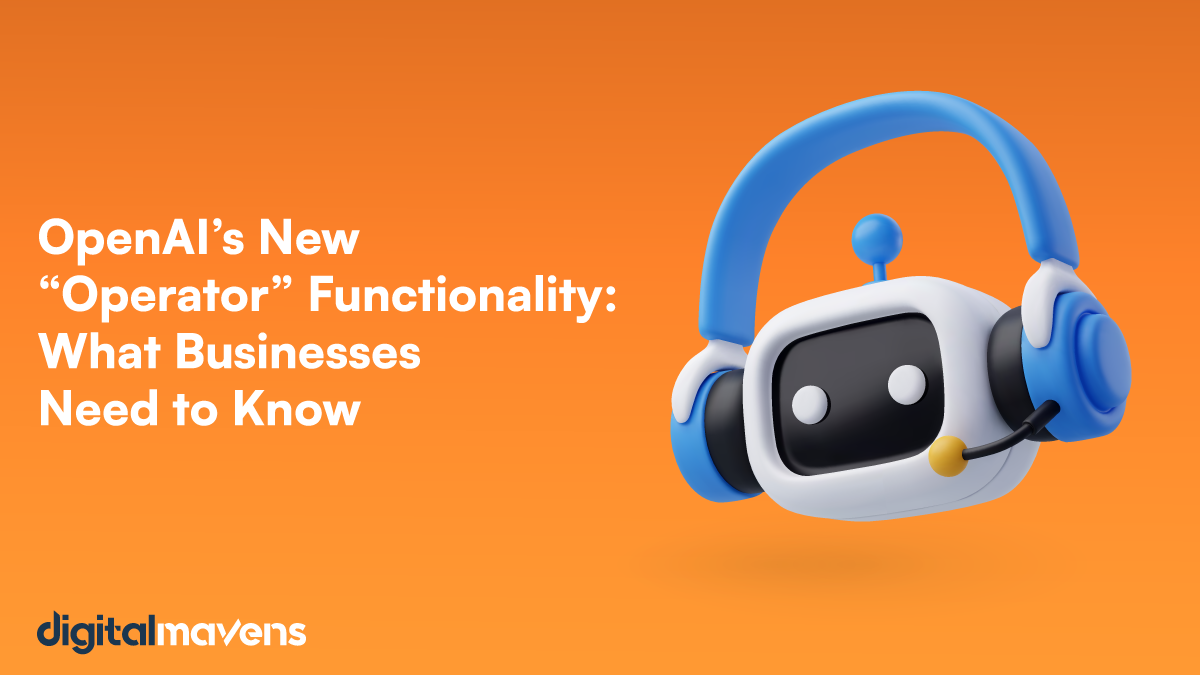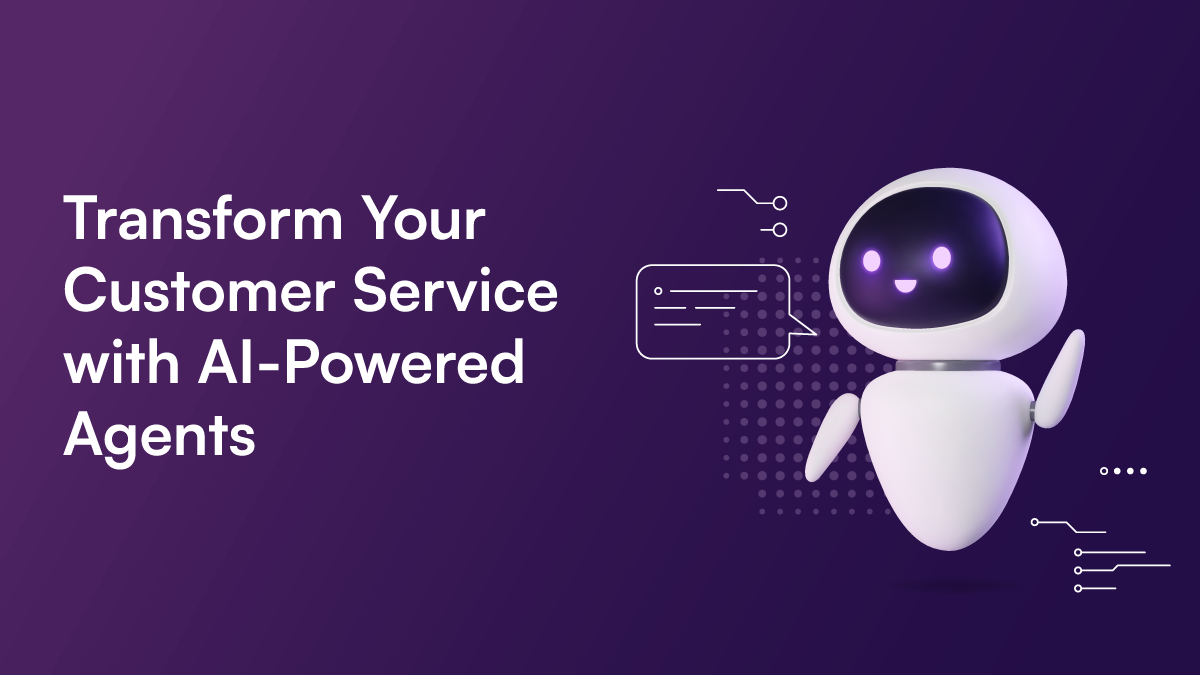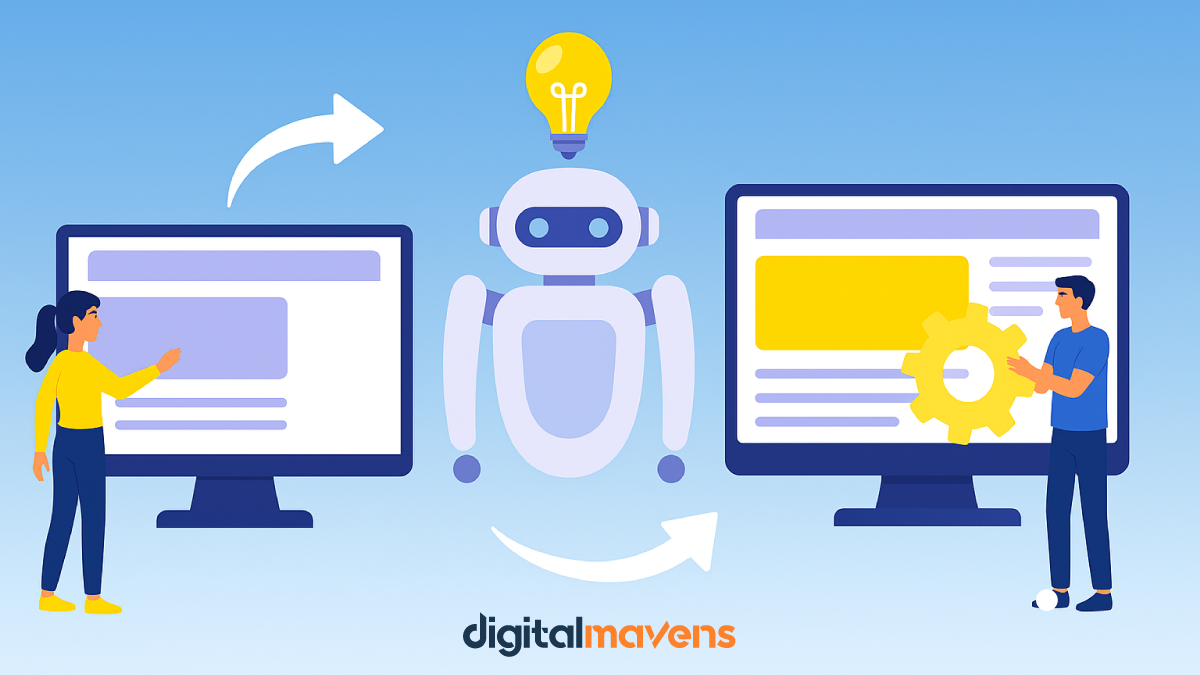AI-powered search and automation are no longer futuristic concepts—they are fundamentally reshaping SEO right now. If your website isn’t AI-friendly, it could be losing traffic, rankings, and business opportunities. Here’s how to ensure your website remains discoverable in the AI-first era.
Google’s AI-driven search updates are changing SEO as we know it. Traditional ranking tactics aren’t enough anymore. If AI can’t understand your content, it won’t show it to users.
AI-powered search engines like Google’s Search Generative Experience (SGE) and Bing AI are shifting from keyword-based rankings to context-driven, AI-curated results. Instead of just listing pages, AI now summarises content, reducing clicks to traditional websites. To stay visible, sites must optimise for featured snippets, structured data, and conversational queries. Multimodal search is also rising, with AI interpreting images, videos, and voice searches—favouring sites with rich media content. Additionally, AI-powered assistants like Siri and Alexa prioritise clear, well-structured answers. To succeed, websites must embrace structured data, diverse content formats, and AI-friendly optimisations.
Here’s how to ensure your website remains visible in an AI-first search world.
AI search engines prefer structured, scannable content over long, unorganised text blocks.
DO:
DON’T:
Example:
Bad: "Our running shoes have great durability and cushioning for all kinds of athletes."
AI-Optimised: "Looking for the best running shoes for long-distance runs? Our lightweight, cushioned options are designed to support marathon runners with extra durability."
AI-powered search relies on structured data to understand and categorise content.
DO:
DON’T:
Voice searches are more conversational than text-based searches. AI assistants favour direct answers, so content should be optimised accordingly.
DO:
DON’T:
Example:
Instead of:
"Best smartphones 2024"
Try:
"Which smartphone has the best battery life for frequent travelers?"
Websites optimised for voice-friendly queries will have a higher chance of ranking in AI-driven search results.
AI-driven search engines prioritise websites with fast loading speeds and mobile-friendly experiences.
DO:
DON’T:
SEO strategies must evolve alongside AI-powered search. Businesses should regularly analyse how AI interprets their content and adapt accordingly.
DO:
DON’T:
Example:
Australian news outlets like ABC News and The Sydney Morning Herald have adapted their content for AI-driven search features by implementing structured article markup, voice-friendly summaries, and AI-generated snippets.
AI-powered search is already transforming how users find and interact with content. Websites that fail to optimise for AI-driven search risk fading into digital obscurity.
By implementing structured data, AI-friendly content, voice search optimisation, and mobile performance improvements, you can stay ahead of AI search trends and maintain strong online visibility.
The AI search revolution isn’t coming—it’s already here. The question is: Is your website ready for it? Let’s talk. Contact our Chief Maven Kingston Lee-Young to explore AI solutions for your business.


